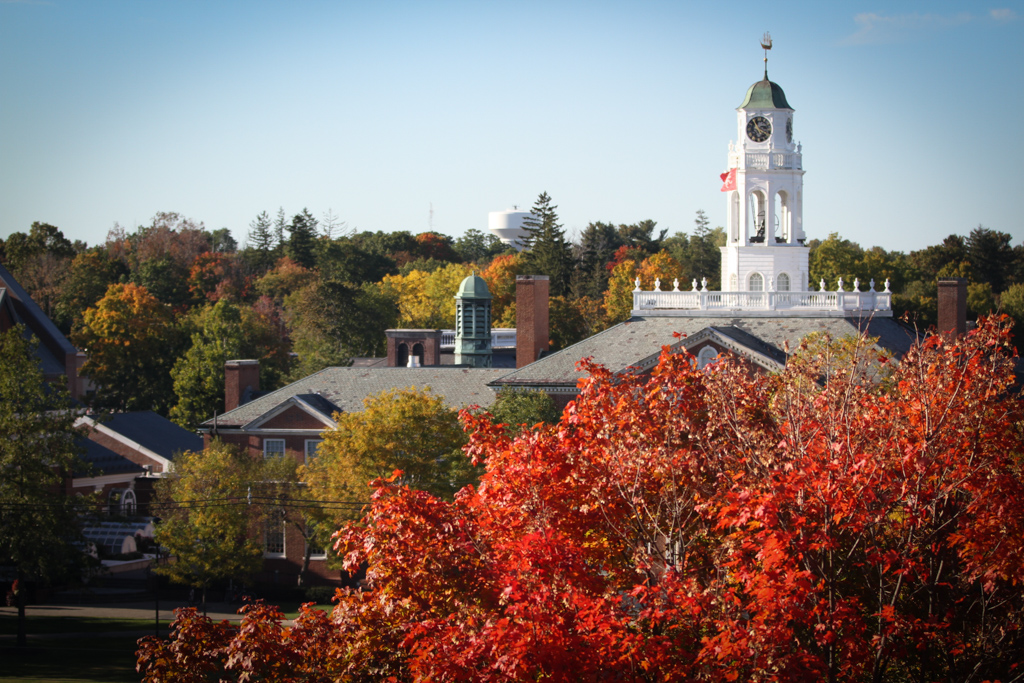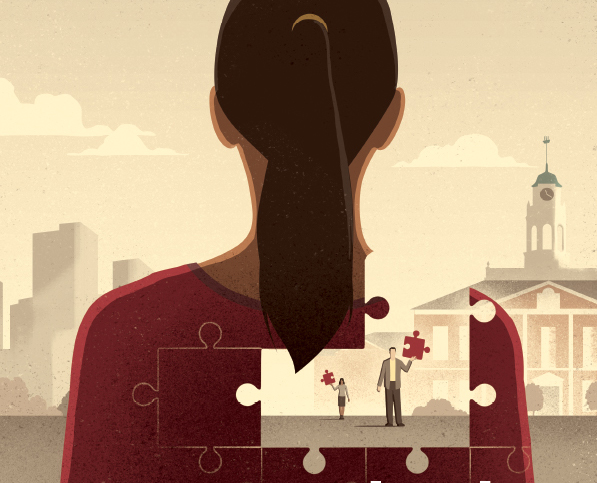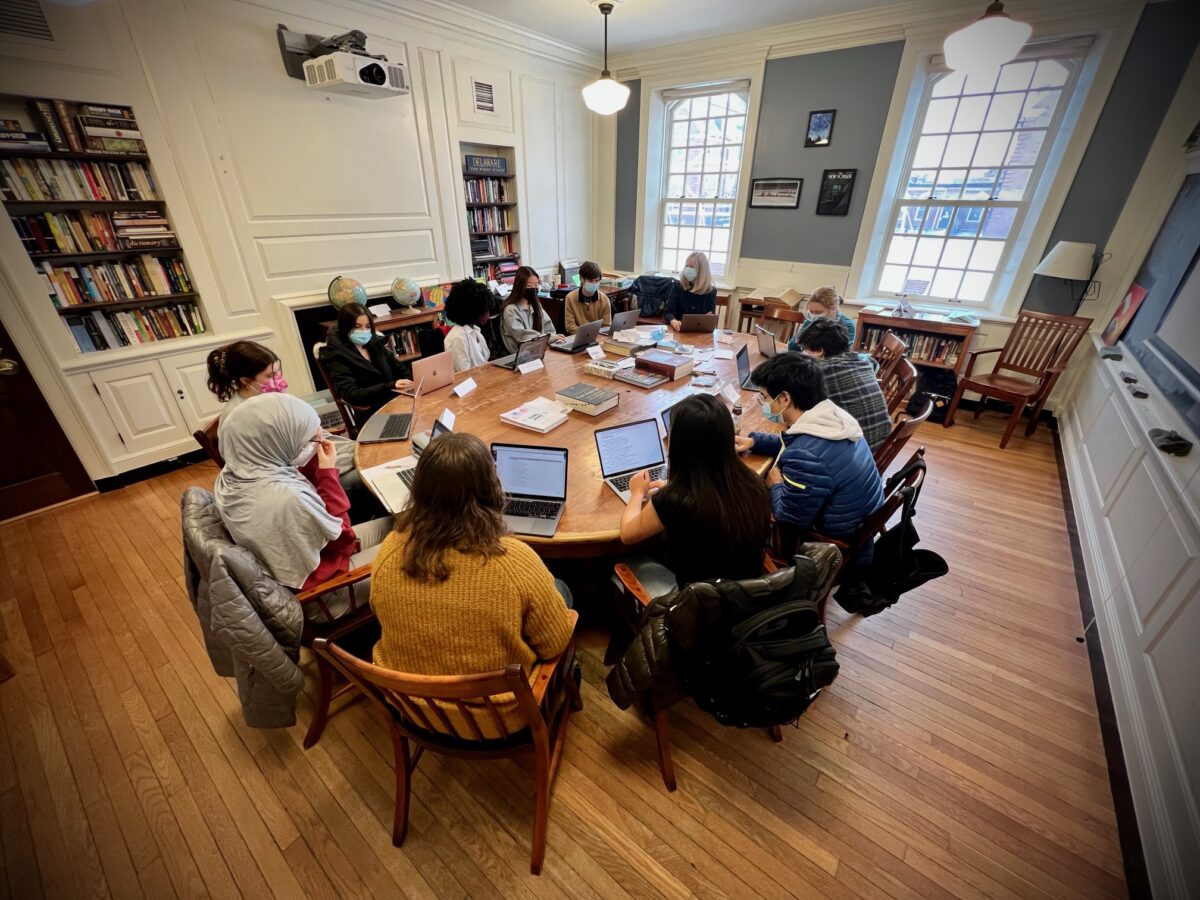This commitment means that no child will be turned away because of a family’s inability to pay. And it is one way we more fully realize our vision of a school where youth from diverse backgrounds and perspectives come together to learn from one another and prepare to lead purposeful lives.
I cherish the Exeter I attended. It changed my life. But we know that Exeter has never stayed excellent by staying the same. I am deeply grateful for everyone who challenges us to imagine, and helps us achieve, the Exeter of tomorrow. I’m grateful that financial need will no longer be a barrier to students who dream of attending the Academy.
Editor’s note: This article first appeared in the winter 2022 issue of The Exeter Bulletin.













